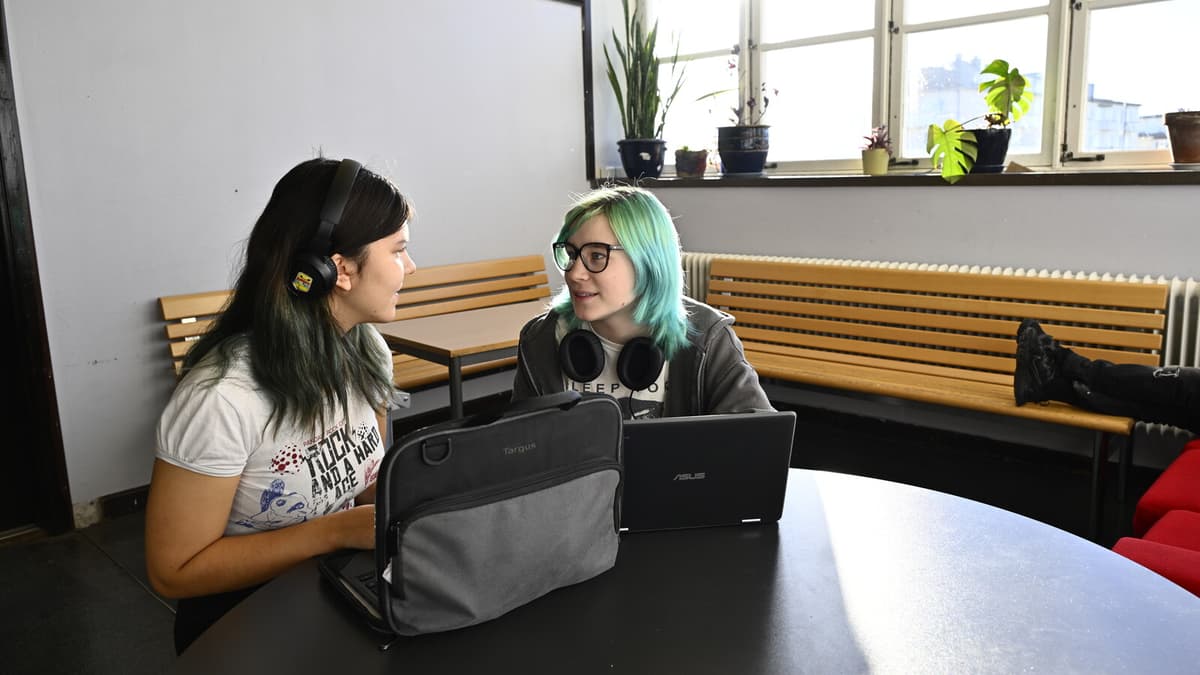The fresh international study Icils shows that 39 percent of Swedish eighth-graders perform at a low or very low level when it comes to what they can do with a computer.
Extensive use
14-year-old Emilia Janke is in eighth grade at the Swedish-Finnish school in Stockholm. She tells TT that students there use computers a lot in teaching and is therefore surprised that the study's results are not better. At the same time, she says, students do not learn much about IT skills.
We work quite a lot with computers, but it's more basic stuff. Mostly we write on the computer. We haven't learned much else, she says.
We don't learn much about computers. Instead, they say we should "write this".
Emilia Janke and her classmate Marine Turunen, 13, say they have talked a lot about source criticism on the internet during, among other things, social studies lessons.
We've gone through it many times. So it was quite surprising that we're not that good at it, even though we've learned a lot about it, says Janke.
Marine Turunen tells about a trick she has learned to be source-critical:
You have to make sure the source is neutral.
More programming
About 20 percent of Swedish students perform at a good level, the study shows.
It's maybe a bit about how much you work with the computer at home. If you work a lot, I assume you can do more, says Janke.
What can then help students become more skilled in IT? Both Emilia Janke and Marine Turunen wish for more programming on the schedule.
It would be good and fun to know more about it, says Turunen.






